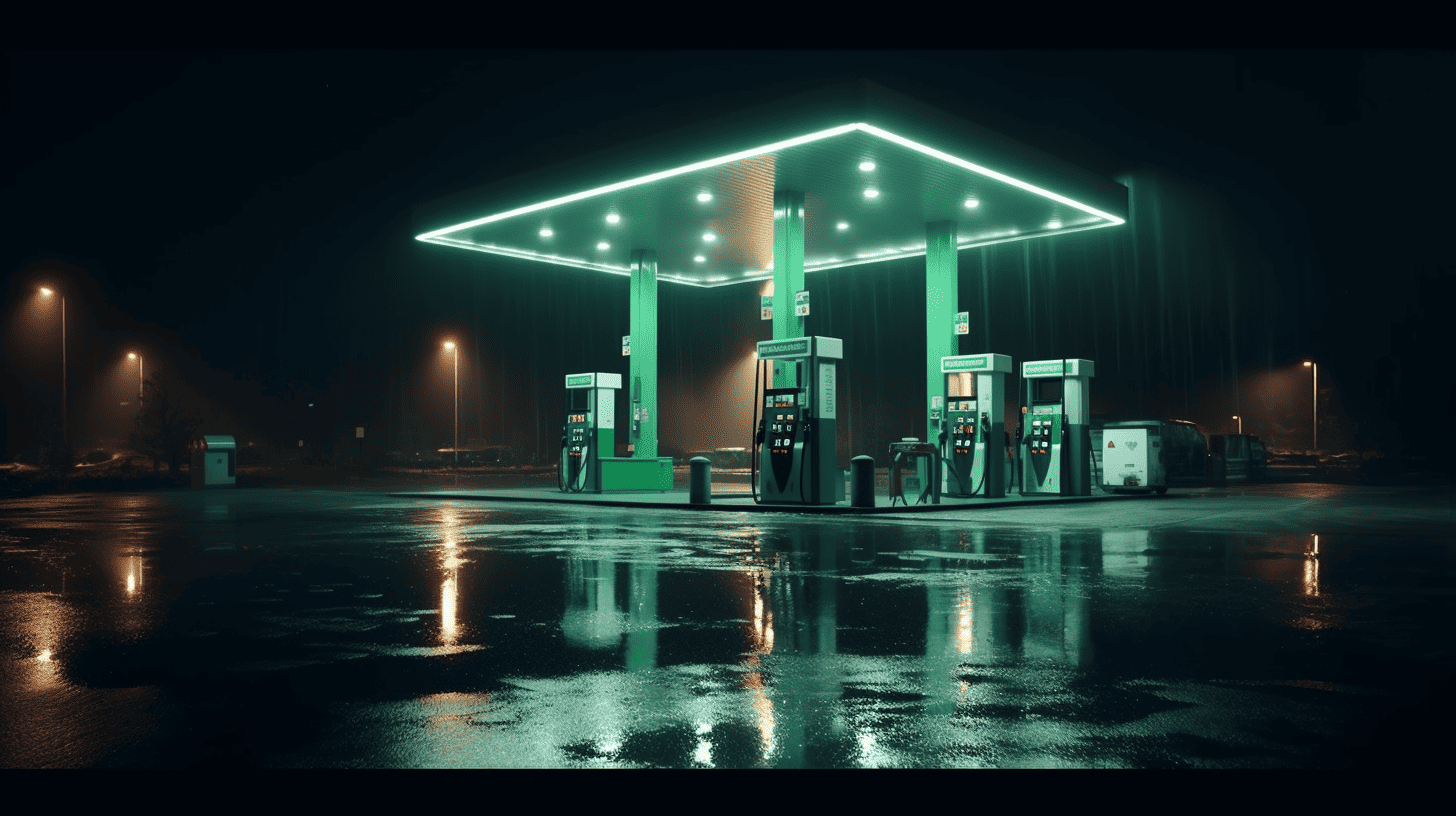
The Dutch government wants to raise groundwater levels, to prevent dehydration and oxidation of peatland. That is a good plan. Marshiness is the natural state of our country, good for biodiversity and CO2 reduction. The recent water shortages are a.o. caused by our system of ditches, canals, and water pumps that drain the available fresh water to the salty sea too fast. There is, however a paradox in the government’s policies.
Peat is biomass, plant residues. When these oxidize, they do indeed emit CO2. We have known dried peat for centuries as an important biofuel in The Netherlands. Burning peat is polluting however, the reason why we have replaced it by natural gas since the sixties. Today, our government wants to prevent peatland oxidation, a good plan as said. But if we would dig up that same peat and burn it in power plants, that would be fine according to the official EU renewable energy Directive. Peat is after all ‘biomass’.

Burning peat or any other biofuel is fast oxidation. That emits more CO2 than our government aims to prevent by raising groundwater levels. Natural slow oxidation of peat through dehydration is against climate policies, and human fast oxidation by burning biomass is favored by climate policies. It is time that our government pushes back all forms of biomass oxidation, starting in power plants and district heating.







